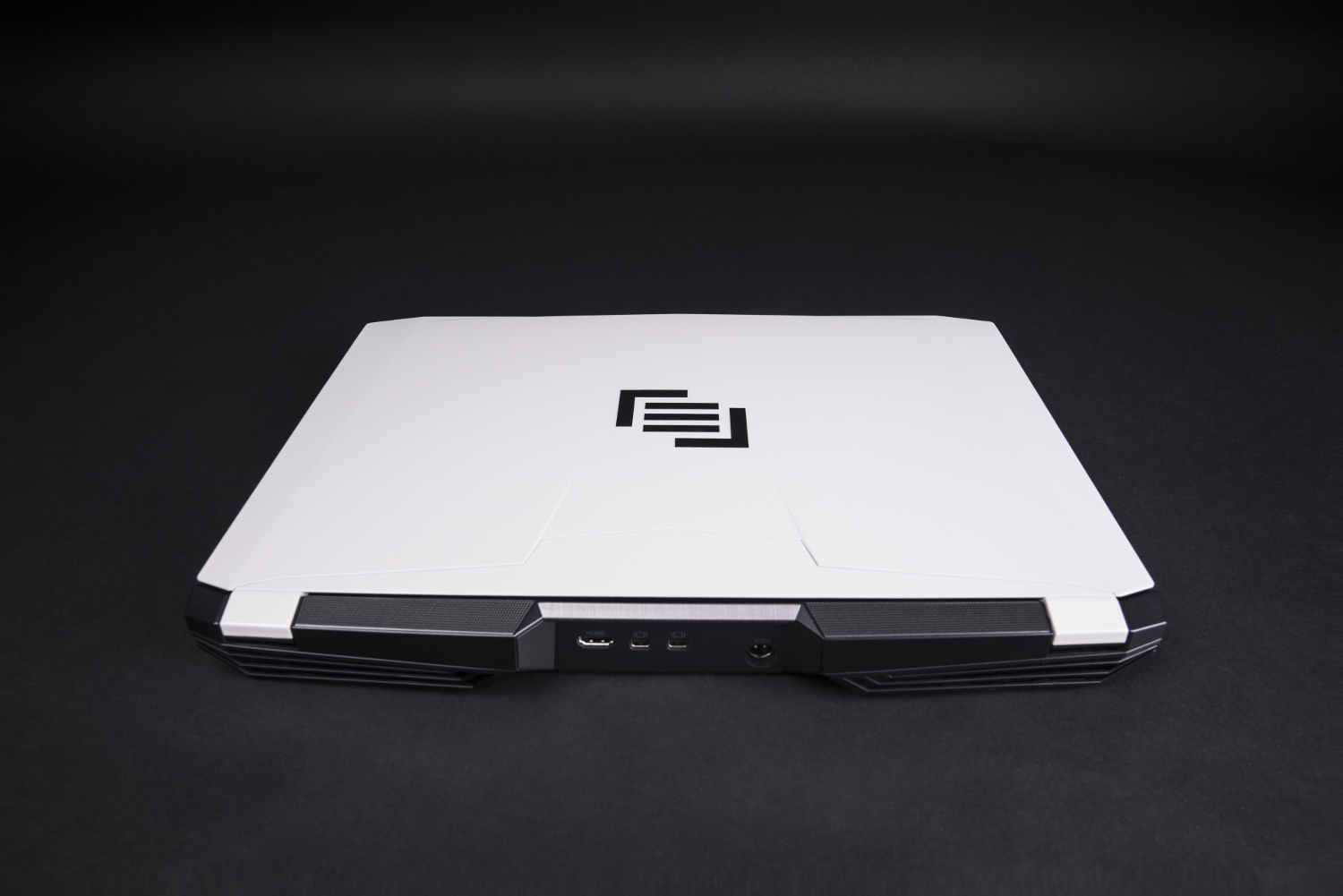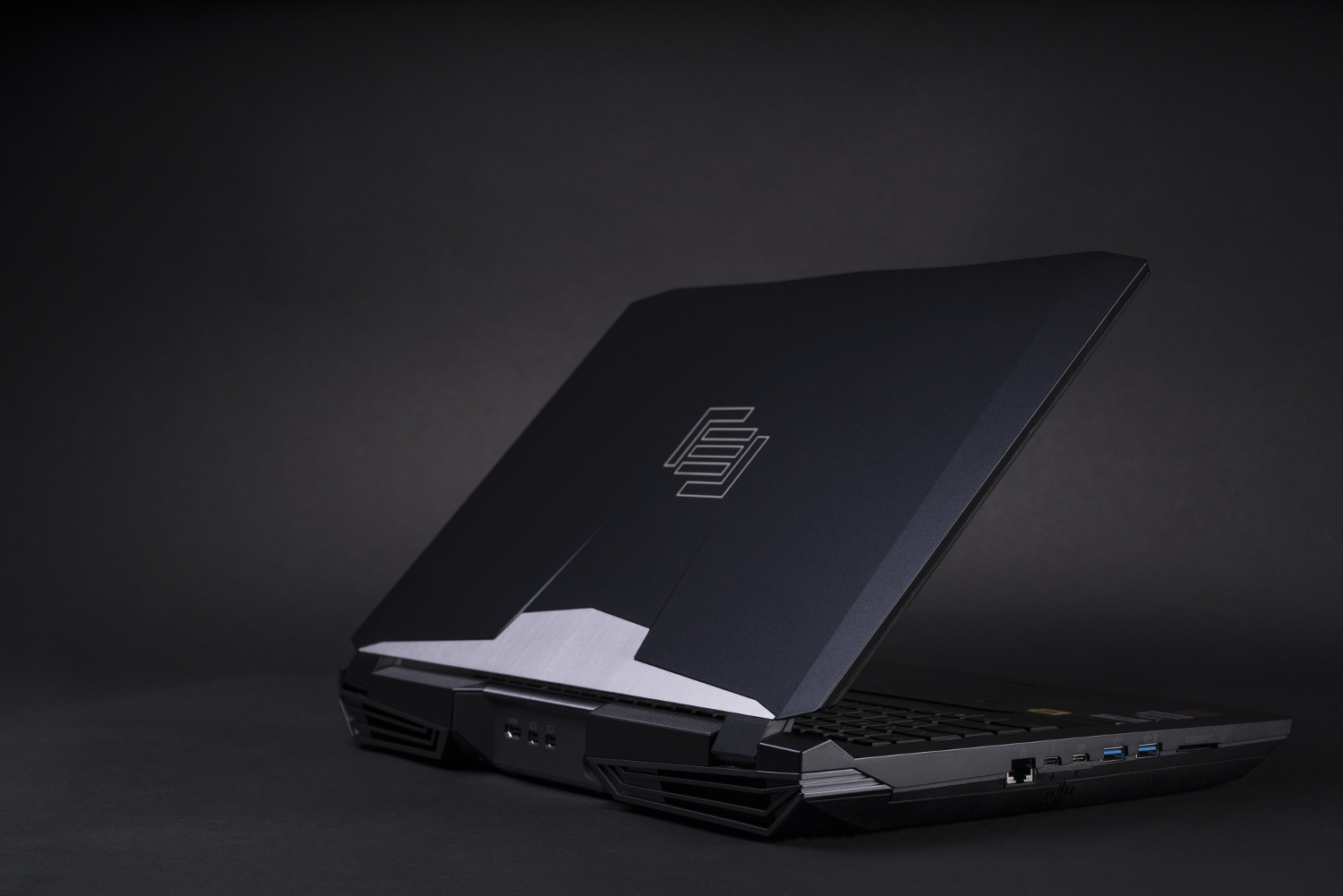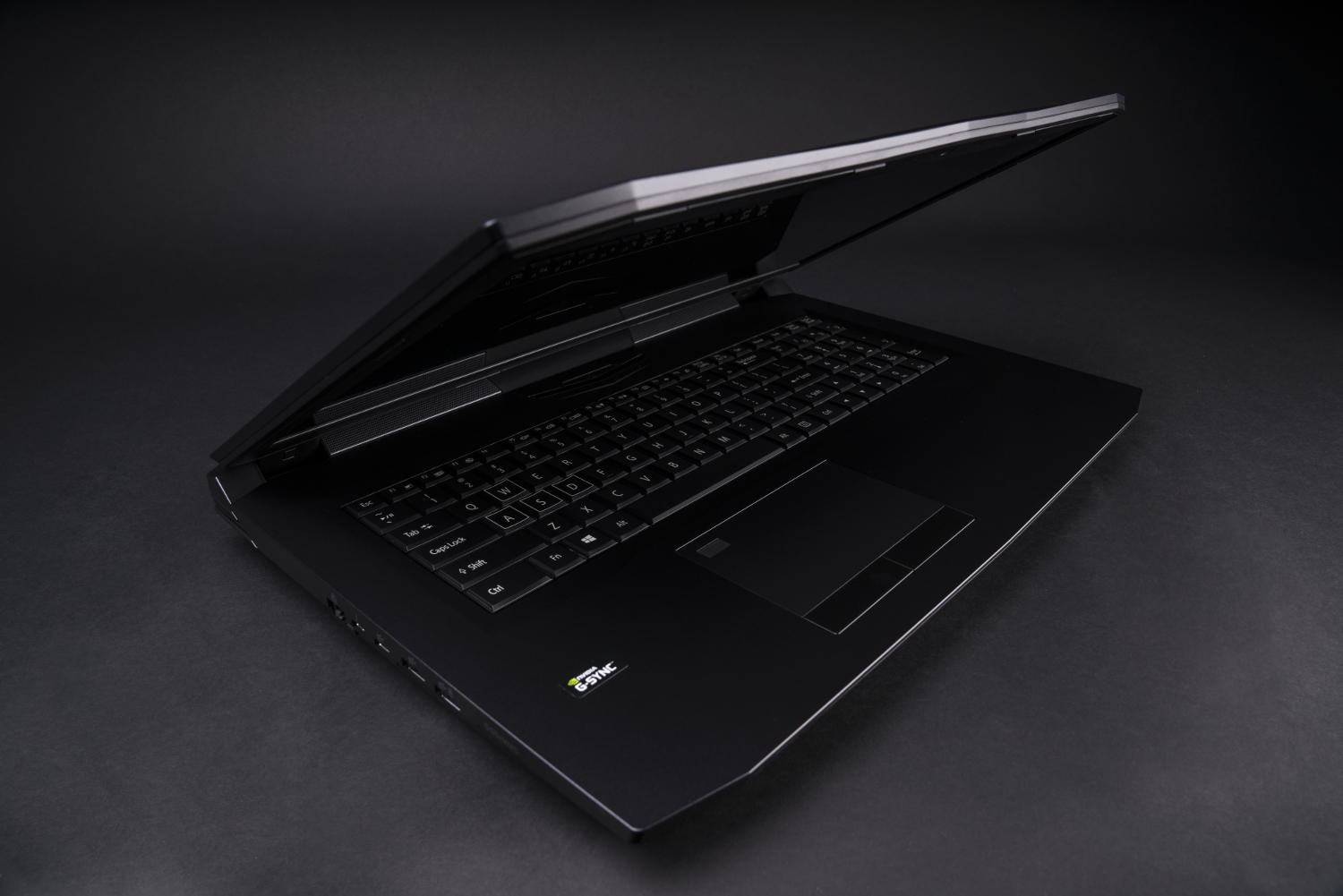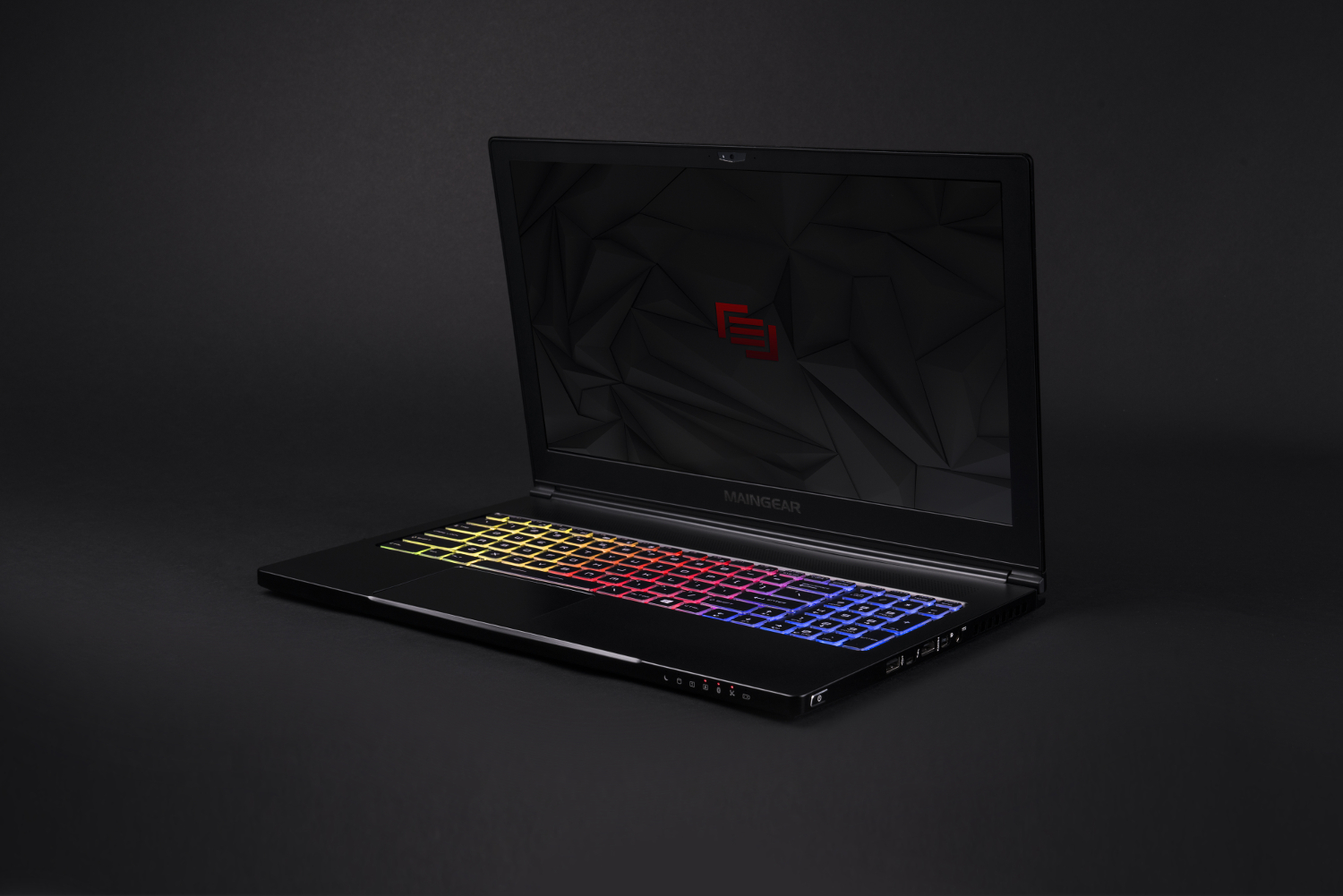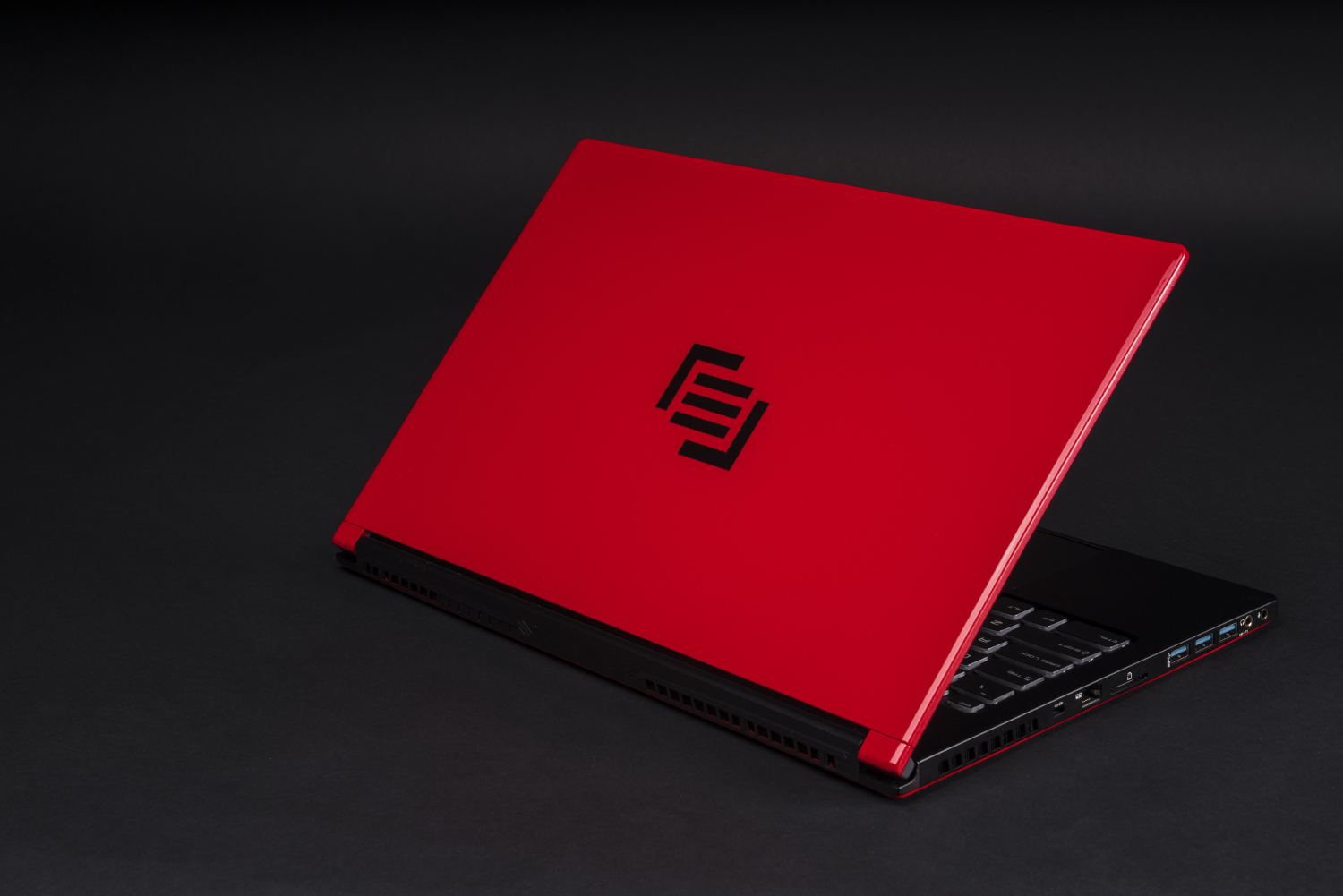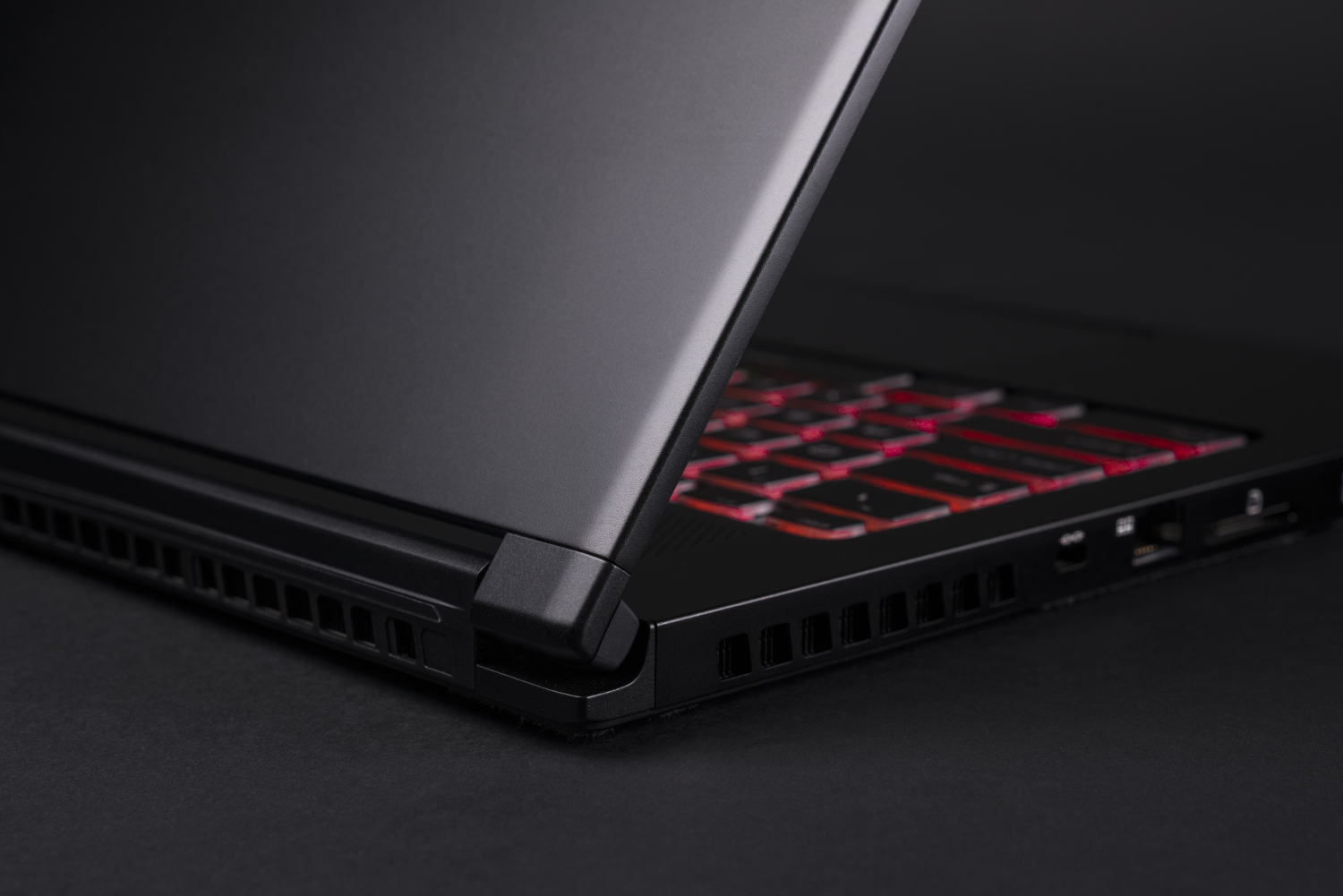System builder Maingear made a couple of announcements on Thursday, the first of which was the launch of its new Vybe high-end desktop. Not only is this system optimized for VR and PC gaming, the company says Vybe is “soft on the wallet” with a starting price of just $1,000. This desktop is fully customizable, of course, because that’s the nature of Maingear’s business model. But you have to be careful with that shopping cart, as all those added hardware treats could fatten up the final bill to a surprising extent.
The Vybe desktop is actually served up in two base flavors: one based on the Intel H110 or Z170 chipset ($1,000), and one based on the X99 chipset ($1,600). The former configuration offers options for Intel’s four-core Skylake processors while the latter configuration supports Intel’s meatier six-to-ten-core Broadwell-E processors. Check them out:
| H110/Z170 | X99 |
| Core i5-6500 @ 3.2GHz/3.6GHz (default) | Core i7-6800K @ 3.4GHz/3.6GHz (default) |
| Core i5-6600K @ 3.5GHz/3.9GHz (+$85) | Core i7-6850K @ 3.6GHz/3.8GHz (+$270) |
| Core i7-6700 @ 3.4GHz/4GHz (+$160) | Core i7-6900K @ 3.2GHz/3.7GHz (+$845) |
| Core i7-6700K @ 4GHz/4.2GHz (+$210) | Core i7-6950X @ 3GHz/3.5GHz (+$1,505) |
Here are the rest of the hardware goodies provided in the default configurations:
| H110/Z170 | X99 |
| Asus H110M-A motherboard | MSI X99A Raider |
| Maingear Certified Intel Retail Cooler | Coolermaster Hyper 212 Evo Advanced Air Cooler |
| 2x 4GB HyperX Fury DDR4 memory @ 2,666MHz | 4x 4GB HyperX Fury DDR4 memory @ 2,666MHz |
| Nvidia GeForce GTX 1060 3GB | AMD Radeon RX 460 2GB |
| 500-watt EVGA 80 Plus Certified power supply | 750-watt EVGA SuperNova 80 Plus Certified |
| 1TB Seagate 7,200RPM hard drive | 1TB Seagate 7,200RPM hard drive, 24x DVD-RW |
| On-board HD 8-channel audio | On-board HD 8-channel audio |
| Gigabit Ethernet | Gigabit Ethernet |
| Windows 10 Home 64-bit | Windows 10 Home 64-bit |
Both desktops provide plenty of options to fit your PC gaming and VR needs. There are actually three more bays for installing hard drives or solid state disks in RAID 0, RAID 1, and RAID 5 configurations. A wireless component can be thrown in for an additional price along with special chassis lighting, enhanced thermal interface material, Maingear’s overclocking service, and so on.
Note that both models provide graphics card options extending up to two of Nvidia’s latest GeForce GTX Titan X cards in SLI mode for an additional $2,876. If you’d rather play on Team AMD, two Radeon RX 480 cards (8GB each) in CrossFire mode cost $430 while two Radeon R9 Nano cards (4GB each) in CrossFire mode cost $1,139.
As for the second announcement Maingear made on Thursday, the company said that its Nomad and Pulse PC gaming notebooks now serve up options for Nvidia’s new GeForce GTX 1080, GTX 1070, and GTX 1060 graphics cards by default. The Nomad 17 model has a starting price of $2,400 and the Pulse 15 has a starting price of $2,150. Here are the default specs of each:
| Pulse 15 | Nomad 17 |
| 15.6-inch 1,920 x 1,080 display | 17-inch 1,920 x 1,080 @ 120Hz display |
| Intel Core i7-6700HQ CPU @ 2.6GHz/3.5GHz | Intel Core i5-6500 CPU @ 3.2GHz/3.6GHz |
| 2x 8GB DDR4 memory @ 2,133MHz | 2x 4GB DDR4 memory @ 2,133MHz |
| Nvidia GeForce GTX 1060 6GB | Nvidia GeForce GTX 1070 8GB |
| 256GB M.2 NVME SSD | n/a |
| 1TB 7,200RPM 2.5-inch HDD | 1TB 7,200RPM 2.5-inch HDD |
| 8x Asus DVD burner (external) | 8x Asus DVD burner (external) |
| 2.1 channel sound via 4 speakers, 1 sub-woofer | HD Audio |
| Qualcomm Killer E2200 online gaming accelerator | Gigabit Ethernet |
| Wireless AC up to 867Mbps, Bluetooth | Wireless AC, Bluetooth |
| Windows 10 Home 64-bit | Windows 10 Home 64-bit |
| 6-cell Li-Polymer 5400mAh 60Wh battery | Battery info not provided |
| Full HD webcam (1080p @ 30FPS) | 2MP webcam |
| SD card reader | SD card reader |
Note that the Nomad 17 model provides only two graphics options: the default GTX 1070 8GB and the GTX 1080 8GB version for an added $515 on the final bill. However, the Pulse 15 model only serves up the default GeForce GTX 1060 6GB option.
